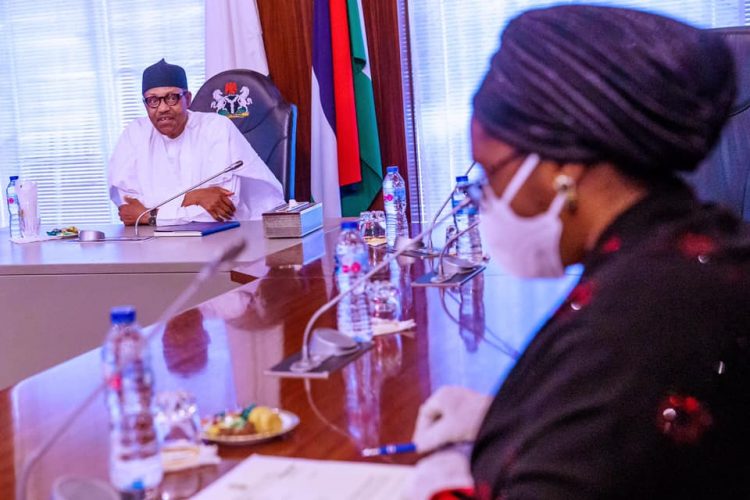There are no products in your shopping cart.
| 0 Items | £0.00 |


FINANCE minister Zainab Ahmed has revised Nigeria's budget downwards again in response to the unending global economic meltdown pegging the crude oil benchmark price as $20 a barrel.
In March, the federal government launched a committee to reassess its N10.59trn ($28.8bn) 2020 budget after the collapse in oil prices as a result of the coronavirus outbreak that precipitated a drop in demand. With supply far outstripping demand, petroleum prices have been dropping like a stone as huge stockpiles of unsold crude oil grow in exporter nations.
Nigeria is particularly vulnerable to the volatility of the global crude oil market as petroleum accounts for about 95% of government earnings. Also, Nigeria's 2020 budget is predicated on the nation selling 2m barrels of oil a day at a price of $57, so with prices collapsing and the Organisation of Petroleum Exporting Countries (Opec) set to reduce production quotas, the government will find it almost impossible to fund its budget.
In mid March, the government's review committee revised the crude oil benchmark price downward to $30 a barrel following the rapid decline in global prices and demand. It has now had to make a further downward revision as not only has crude fallen to about $30 a barrel but there are hundreds of shipping tankers loaded with oil that no one wants stranded at sea at the moment.
Following persistent volatility in the oil market, the federal government plans to lower the oil price benchmark to $20 according to Mrs Ahmed. She added that the government also reviewed its proposed production volumes from 2.18m barrels per day to 1.70m barrels, shaving off N312.820bn from revenue projections, representing 15% of the N10.59trn budget passed in December last year.
In addition, the federal government has also decided not to hold bidding rounds for major oilfields until crude prices recover while some upstream projects will be completed much later than originally planned as a result of the crash. During the course of 2020, it is projected that Nigeria's economy will contract by 3.4%.
Mrs Ahmed added that Nigeria was having trouble selling some of its oil cargoes and would have to cut production to below what it originally expected in the budget. As a result of the cuts and lower prices, Ben Akabueze, the director-general of Nigeria's Budget Office, said projected oil and gas revenues would drop by over 80% this year, adding that debt servicing costs were expected to rise by N200bn in 2020.